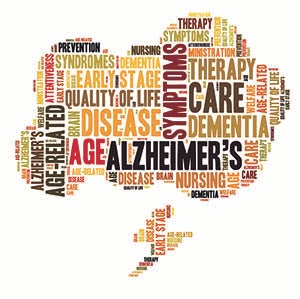Alzheimer’s Insights: Making home safe as Alzheimer’s progresses
Published 12:21 am Monday, August 30, 2021
|
Getting your Trinity Audio player ready...
|
Alzheimer’s disease causes a number of changes in the brain and body that may affect one’s personal safety. With care, people living with Alzheimer’s can remain in their homes safely for a longer period of time if safety issues are addressed. However, safety issues will evolve as the disease progresses, so always be sure to re-evaluate safety periodically.
One thing people can help with is wandering furniture. Unsecured throw rugs, floor lamps and coffee tables seem to take on a life of their own when there are multiple people in the house. Beware of any items that might cause a person to trip, and try to create unrestricted areas for movement.
Five other areas need to be addressed. The first is the kitchen. Be wary of movement around the range where hot pans may be bubbling. Take care to ensure knives and other sharp objects are inaccessible. Mixers, blenders and food processors are wonderful time saving devices, but a moment’s inattention can result in a painful accident. You may also want to go to your hot water heater settings to lower the temperature of tap water and monitor food temperatures if possible, to prevent the person from accidently getting burned.
If you have a working fireplace, make sure the hearth screen is secured and that someone is always monitoring the area around it.
Watch your doors. Lock off hazardous areas or rooms. Consider using safety devices, such as childproof locks and door knobs.
Add grab bars for shower, tub and toilet.
And at all times, keep a list of emergency phone numbers and addresses by every phone, as well as a list of all prescriptions and dosages.
For more information on home safety, visit this page: https://www.alz.org/help-support/caregiving/safety/home-safety
Meanwhile, you can always get the latest information about the Association’s COVID-19 emergency preparedness guidelines for Alzheimer’s and dementia caregivers in long-term or community-based care settings here:
The Alzheimer’s Association leads the way to end Alzheimer’s and all other dementia – by accelerating global research, driving risk reduction and early detection, and maximizing quality care and support. Our vision is a world without Alzheimer’s and all other dementia. Visit alz.org or call 800.272.3900.
Scott Finley is Media Relations Manager for the Alzheimer’s Association® in Texas. He can be reached at scfinley@alz.org







